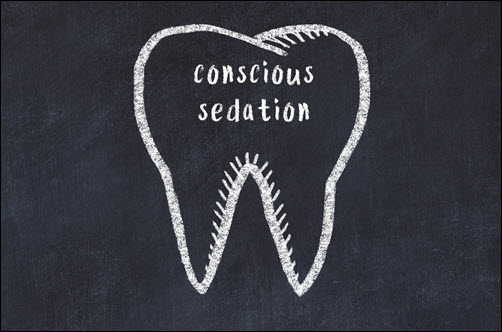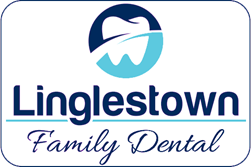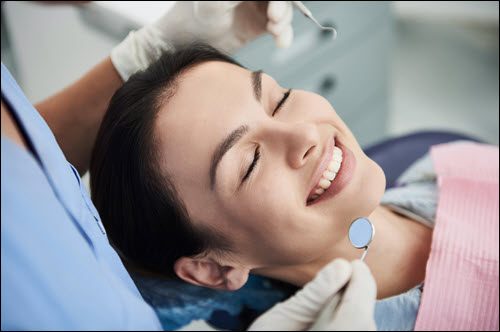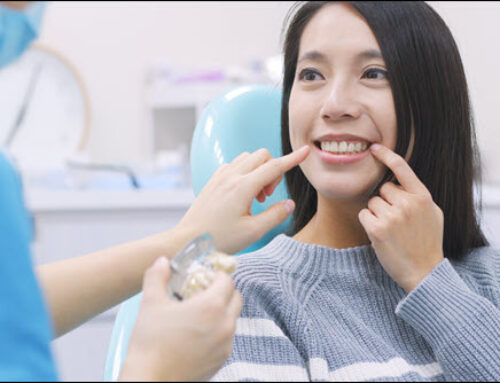For more than 60% of the world’s population, a trip to the dentist brings trepidation and extreme nervousness. It may be because of a past bad experience, fear of the outcome, or other reasons. If this is a familiar feeling, it is okay. But it doesn’t have to be a part of the dentist’s office experience. There is an option- dental sedation.
 Dental sedation is using medication to help you relax or even sleep during your dentist visit. The choices include oral conscious sedation, intravenous sedation, and oral sedation. The level of sedation used is very moderate, so you are not completely asleep. Instead, you are technically awake but feeling no pain and quite relaxed. Patients who opt for dental sedation experience a state of short-term forgetfulness.
Dental sedation is using medication to help you relax or even sleep during your dentist visit. The choices include oral conscious sedation, intravenous sedation, and oral sedation. The level of sedation used is very moderate, so you are not completely asleep. Instead, you are technically awake but feeling no pain and quite relaxed. Patients who opt for dental sedation experience a state of short-term forgetfulness.
Almost anyone can have dental sedation, but the practice is specifically recommended for some patients.
- Those with dental anxiety or a fear of dentists
- People with a sensitive gag reflex
- Patients with a fear of needles.
- Special needs patients (physical, behavioral, and cognitive)
- Excessive teeth sensitivity
- People who struggle to control their movements
- If you are sensitive to local anesthesia
7 Benefits of Sedation Dentistry
1. Your dentist appointment seems shorter.
This is especially helpful if you have a long visit due to needing a specific procedure done. But, even for regular cleaning appointments, the sedation makes time seem to pass faster because you are unaware of what is happening. You might even go to sleep and catch up on a few Z-Z-Z-s.
2. It helps you relax.
The anticipation of what might happen at the dentist’s office is typically worse than the procedure. Dental sedation lets you relax and alleviates discomfort.
3. It is safe.
When a trained dental pro administers the sedation, you can be sure that you will be fine. The person doing the sedation must take specific classes, so they know what they are doing. Do be sure to let your dental team know if you have diabetes, hypertension, cardiac or respiratory issues.
4. Preventative dentistry is more accessible.
It’s always better to prevent problems than to treat the damage caused by it. Sedation dentistry means you can get those biannual cleanings, and your dentist can stay ahead of any concerns.
5. Frequent cleanings mean fewer problems.
Because you are at the dentist more often, your teeth are healthier and cleaner.
6. Overcomes the gag reflex.
Some people have a very sensitive gag reflex, and a visit to the dentist easily triggers it. Even the mildest sedation is enough to keep that at bay and make it easier on you and your hygienist.
7. Any pain or discomfort is not part of the visit.
The brain is unable to identify pain when under sedation and anesthetics. Sedation makes it painless if you have sensitive teeth or gums or need a procedure.
If you want to learn more about sedation dentistry, talk to your Linglestown Family Dental hygienist or dentist. We can answer your questions and do all we can to make every visit with us a positive experience.


